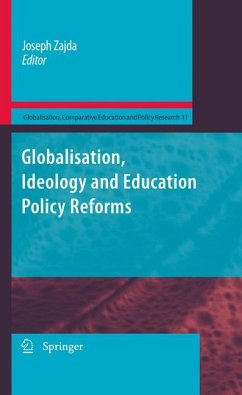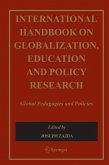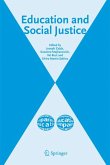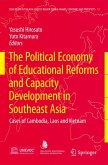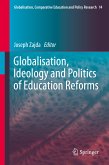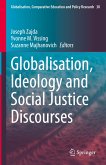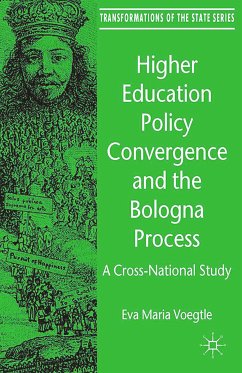The book draws upon recent studies in the areas of globalisation, equity, and the role of the State. It explores conceptual frameworks and methodological approaches applicable in the research covering the State, globalisation, and education reforms. The research evinces the neo-liberal ideological imperatives of current education and policy reforms, and illustrates the way that shifts in the relationship between the State and education policy affect current trends in education reforms and schooling globally. Individual chapters critically assess the dominant discourses and debates on comparative education research in education and policy reforms. Using diverse comparative education paradigms from critical theory to globalisation, the authors focus on globalisation, ideology and democracy and examine both the reasons and outcomes of education reforms, policy change and transformation. They provide a more informed critique of models of accountability, quality and school effectiveness that are informed by Western social values. The book also draws upon recent studies in the areas of equity, cultural capital and dominant ideologies in education.
Dieser Download kann aus rechtlichen Gründen nur mit Rechnungsadresse in A, B, BG, CY, CZ, D, DK, EW, E, FIN, F, GR, HR, H, IRL, I, LT, L, LR, M, NL, PL, P, R, S, SLO, SK ausgeliefert werden.

